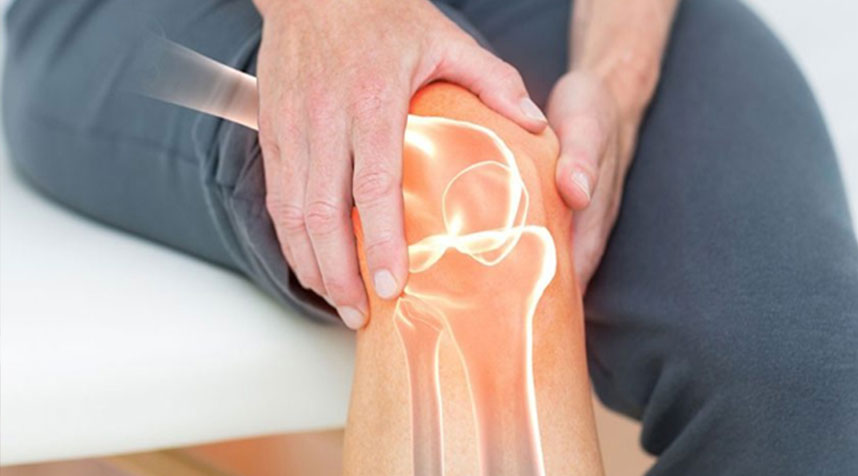
Finding the right orthopedic doctor can be a crucial step toward managing and improving your musculoskeletal health. Whether you’re dealing with a sports injury, chronic joint pain, or seeking advice on a potential surgery, having a skilled and experienced orthopedic specialist can make a significant difference in your treatment and recovery. This guide will walk you through the essential steps to find the best orthopedic doctor near you.
Why You Might Need an Orthopedic Doctor
Orthopedic doctors, or orthopedists, specialize in diagnosing, treating, and managing conditions related to the bones, joints, muscles, and ligaments. Some common reasons to see an orthopedic doctor include:
Chronic joint pain or arthritis
Sports injuries such as sprains, strains, or fractures
Back or neck pain
Injuries from accidents or falls
Surgical needs, including joint replacements or repairs
Understanding why you need an orthopedic doctor can help you choose a specialist with the right expertise for your situation.
Steps to Find an Orthopedic Doctor Near You
Finding the right orthopedic doctor involves more than just a quick online search. Here are detailed steps to help you find the best orthopedic specialist for your needs:
1. Determine Your Specific Needs
Before you start searching, take a moment to identify what kind of orthopedic care you need. Orthopedic specialists often have subspecialties, so knowing whether you need a general orthopedic surgeon or a specialist in areas like sports medicine, spine disorders, or joint replacement can narrow down your options.
Questions to consider:
Are you looking for a general orthopedic doctor or one who specializes in a specific area, such as knee surgery or sports injuries?
Do you need a doctor who performs surgery or one who focuses on non-surgical treatments?
2. Research Potential Orthopedic Doctors
Start your search by looking for orthopedic doctors in your area. There are several ways to find potential candidates:
Online directories: Websites like Healthgrades, Zocdoc, or Vitals allow you to search for doctors based on location, specialty, and patient reviews.
Insurance provider’s directory: Check your health insurance provider’s website for a list of in-network orthopedic doctors.
Hospital or clinic websites: Many hospitals and orthopedic clinics have “Find a Doctor” features on their websites.
3. Check Qualifications and Experience
Once you have a list of potential doctors, investigate their qualifications and experience:
Board Certification: Ensure the doctor is board-certified in orthopedic surgery. Certification indicates that the doctor has met rigorous standards and has expertise in the field.
Years of Experience: Look for doctors with significant experience, especially in the specific area of orthopedics relevant to your needs.
Education and Training: Check the doctor’s educational background and where they completed their residency and fellowship training.
4. Read Patient Reviews and Testimonials
Patient reviews can provide insight into a doctor’s practice from the perspective of their patients. Look for:
Overall satisfaction: Check if patients are generally happy with their care and treatment outcomes.
Communication skills: See if patients feel that the doctor listens to their concerns and explains treatment options clearly.
Office staff and wait times: Reviews can also offer information about the office environment and the efficiency of the staff.
5. Consider Logistics and Accessibility
Practical considerations are also important when choosing an orthopedic doctor:
Location: Choose a doctor whose office is conveniently located for you. Consider travel time and whether you will need frequent visits.
Office hours: Make sure the office hours fit your schedule.
Emergency care: Check if the doctor offers emergency care or has arrangements for urgent situations.
6. Schedule a Consultation
Before making a final decision, schedule a consultation with your top choices. This meeting allows you to:
Discuss your condition: Share your symptoms and concerns with the doctor to see how they approach diagnosis and treatment.
Ask questions: Prepare a list of questions to ask about their treatment philosophy, surgical options, or non-surgical treatments.
Evaluate the office environment: Observe the office’s professionalism, the friendliness of the staff, and the cleanliness of the facility.
7. Evaluate Your Options and Make a Decision
After your consultations, take time to evaluate your options based on:
Doctor’s expertise and approach: Consider whether the doctor’s approach aligns with your treatment goals.
Comfort level: Assess whether you feel comfortable with the doctor and confident in their abilities.
Practical considerations: Factor in location, office hours, and insurance coverage.
Choose the orthopedic doctor who best meets your needs and with whom you feel most at ease.
Tips for a Successful Experience with Your Orthopedic Doctor
Once you’ve selected an orthopedic doctor, keep these tips in mind for a successful treatment experience:
Be honest about your symptoms and history: Provide a complete and accurate account of your symptoms, medical history, and any previous treatments.
Follow the doctor’s recommendations: Adhere to the treatment plan and follow-up appointments as advised.
Ask for a second opinion if needed: If you’re unsure about a recommended treatment, it’s okay to seek a second opinion for further peace of mind.
Conclusion
Finding the right orthopedic doctor is a crucial step toward addressing your musculoskeletal issues and achieving better health outcomes. By understanding your needs, researching potential doctors, checking qualifications, and evaluating your options, you can find a specialist who is well-equipped to provide the care you need. Remember to use the consultation as an opportunity to ensure the doctor’s approach aligns with your expectations and comfort level.
By following these steps, you can make an informed decision and start on the path to recovery with the right orthopedic care.








